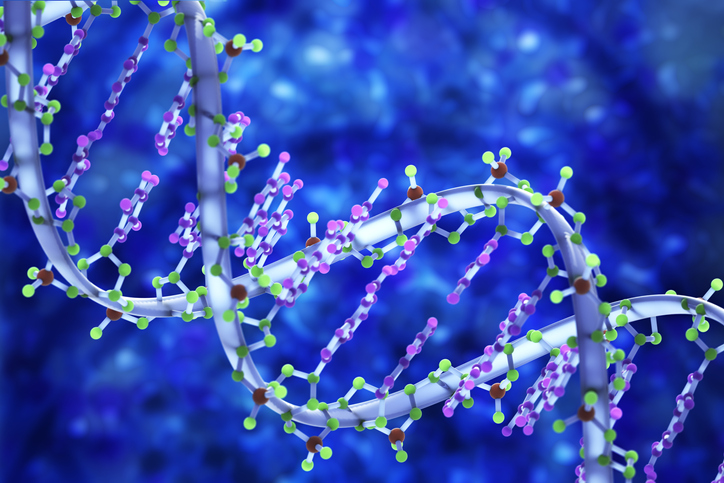
Gene therapy’s promise of potential cures runs up against challenges for the field, among them the difficulty of targeting certain tissues in the body and the cost and complexity of manufacturing. Affinia Therapeutics is developing ways to overcome those hurdles and on Monday it unveiled $110 million to continue its research, the latest gene therapy developer to close a substantial round of funding.

Health Executives on Digital Transformation in Healthcare
Hear executives from Quantum Health, Surescripts, EY, Clinical Architecture and Personify Health share their views on digital transformation in healthcare.
The new capital, a Series B financing, comes as the startup prepares to report on the progress of its research so far. Next week, the Waltham, Massachusetts-based company is among the scheduled presenters at the annual meeting of the American Society of Gene and Cell Therapy, which will be held virtually. Affinia will report about its technology, the ability of that platform to develop gene therapies that can reach the central nervous system (CNS) and muscular tissue, and the manufacturing of the adeno-associated viral (AAV) vectors used in these therapies.
Affinia emerged a little more than a year ago with $60 million in Series A financing and a research alliance with Vertex Pharmaceuticals focused on discovering and developing new AAV capsids for gene therapies. Capsids are the protein shells of AAV that envelop the gene therapy and they are one of the areas of research focus for the field. Naturally occurring capsids aren’t suited for delivery to some cells in the body. Also, these capsids can spark an immune response.
Affinia’s technology engineers AAV vectors with improved properties, such as the ability to target more types of tissue, a reduced ability to trigger an immune response, and the capacity to carry larger genetic payloads. The alliance with Vertex is focusing on two rare muscular disorders, Duchenne muscular dystrophy and myotonic dystrophy type 1, as well as cystic fibrosis. Affinia’s internal programs are initially focusing on CNS and muscle disorders, though the company has not yet disclosed which specific diseases it aims to treat.
The science underlying Affinia’s approach comes from the biotech’s scientific co-founder Luk Vandenberghe, director of the Grousbeck Gene Therapy Center at Massachusetts Eye and Ear and a professor of ophthalmology at Harvard Medical School. He is also a co-inventor of AAV9, a viral vector used in Zolgensma, an FDA-approved therapy from Novartis. AAV9 is also used in several gene therapies in development. Vandenberghe’s research has led to founding of gene therapy companies Akouos, Odylia, and Albamunity.

Heard at HLTH 2024: Insights from Innovative Healthcare Executives
Executives from Imagine360, Verily, BrightInsight, Lantern, and Rhapsody shared their approaches to reducing healthcare costs and facilitating digital transformation.
There are other companies besides Affinia that are pursuing novel capsids for gene therapies. Last week, Thousand Oaks, California-based Capsida emerged from stealth with $140 million in capital, some of which comes from a research alliance with AbbVie. Dyno Therapeutics, of Cambridge, Massachusetts, has capsid technology of its own and it has struck up research partnerships with Sarepta Therapeutics, Novartis, and Roche.
Affinia said it will use the proceeds of its Series B financing to further develop its proprietary gene therapy platform and to advance its programs into clinical testing. The investment round was led by EcoR1 Capital and Farallon Capital Management. Other new investors participating in the latest financing round include Avidity Partners, Casdin Capital, GV, Octagon Capital, Perceptive Advisors, RA Capital Management, TCG Crossover, and Woodline Partners LP. Earlier investors also participated, included Atlas Venture, F-Prime Capital, Lonza, Mass General Brigham Ventures, and New Enterprise Associates.
Image: 4X-image, Getty Images








